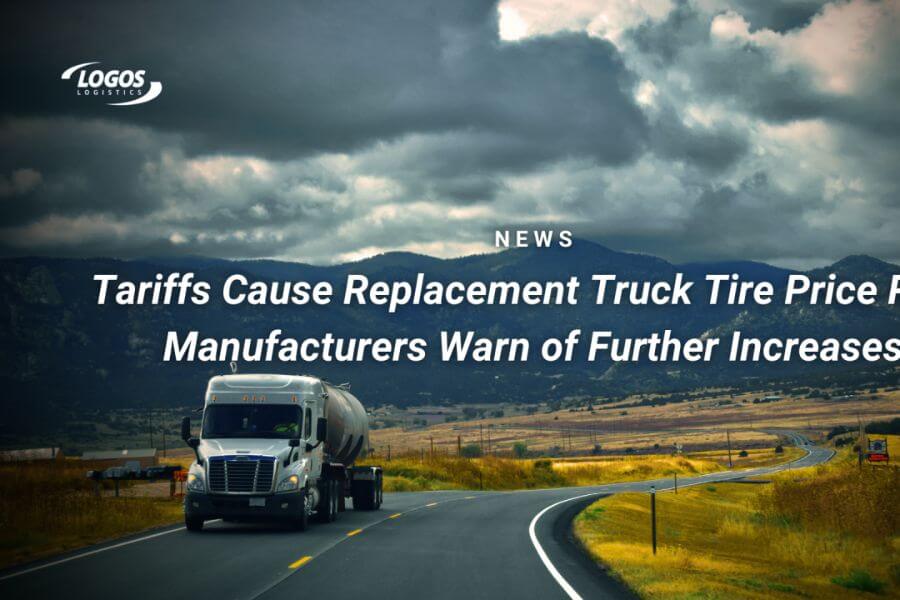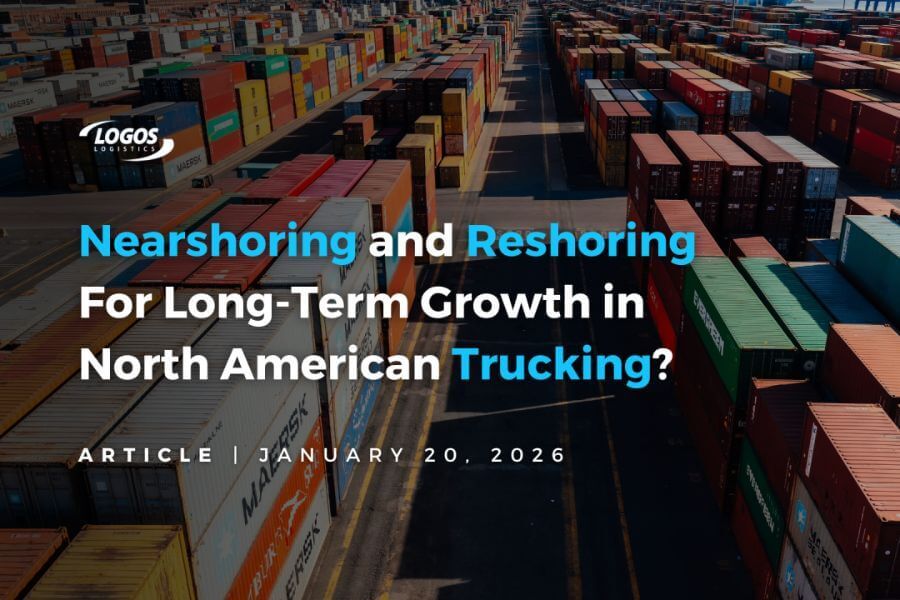Replacement truck tire prices in the U.S. are set to increase as trade policies from the Trump administration begin to ripple through the supply chain.
At least two major global tire manufacturers — Yokohama Tire and Sumitomo Rubber North America — will raise prices on replacement truck tires starting May 1. This marks another cost hike tied to recent tariffs that are straining fleet budgets.
Truck manufacturers had already warned carriers of looming price increases linked to new tariffs. The Trump administration is also weighing additional duties on imported medium- and heavy-duty trucks, adding to industry uncertainty.
The freight market, already awaiting a recovery, may face further delays as trade tensions continue to cloud the economic outlook. With forecasts dimming, analysts expect more tire price increases in the near future, especially as tariffs on rubber and other goods from key exporting nations are passed on to U.S. buyers.
Yokohama announced on April 24 that it will increase U.S. prices by up to 10% for both commercial truck tires and consumer replacement tires beginning May 1. The company manufactures commercial truck tires at its West Point, Mississippi, facility.
Sumitomo will implement a similar 10% price hike for its commercial truck tires, while prices for passenger and light truck tires could rise as much as 25%.
Goodyear, meanwhile, plans to raise base prices for some passenger vehicle tires in the U.S. and Canada, citing rising production costs. However, a company spokesperson told Transport Topics on April 24 that truck tire prices would remain unchanged for now. Goodyear produces truck tires in Topeka, Kansas, and Danville, Virginia.
All U.S. tire manufacturers are facing increased costs for raw materials, particularly natural rubber, which the U.S. must fully import due to unsuitable domestic growing conditions. Thailand is the largest supplier, accounting for roughly 35% of global production, followed by Indonesia, Vietnam, India, and China.
Recent reciprocal tariffs have sharply increased the cost of rubber from these nations—Thailand (37%), Indonesia (32%), Vietnam (46%), India (26%), and China (145%).
Truck tires use more natural rubber than passenger tires, making them particularly vulnerable to price swings. According to International Monetary Fund data, benchmark natural rubber prices climbed from 94.75 cents per pound in July 2024 to 108.63 cents per pound in March, though prices dipped slightly in February amid global economic concerns.
In its latest World Economic Outlook, the IMF cut its U.S. growth forecast to 1.8% for 2025, down from 2.7% projected in January. Global growth projections also fell, with the IMF expecting 2.8% growth in 2025 and 3% in 2026, both down from earlier estimates of 3.3%.
Foreign tire manufacturers without U.S.-based plants face additional cost pressures from baseline 10% import tariffs, Section 232 duties on automotive goods, and potential new levies once a 90-day pause expires.
Imported tires made up a record 63.4% of all tires sold in the U.S. in 2024. Thailand led all exporters, supplying nearly 25% of U.S. tire imports. Indonesia, Vietnam, and South Korea also ranked among the top five.
UN Comtrade data identifies the top five exporters of truck and bus tires to the U.S. as Thailand, Canada, Vietnam, Japan, and Cambodia.
Apollo Tires, which recently expanded its U.S. truck tire offerings, produces tires in India, the Netherlands, and Hungary. While imports from India face specific tariffs, those from the Netherlands and Hungary are subject to the baseline 10% import duty.











